Another cruise ship has been banned from New Zealand’s Fiordland National Park over biofouling, provoking fury from passengers and begging the obvious question: does the New Zealand government simply not want cruise ships, or are cruise line managers incapable of meeting the country’s environmental regulations?
It may seem a harsh assessment. But after five months, someone must be held accountable for the armada of ships turned away, hundreds of ruined holidays, thousands paid out in compensation, the damage to travel agents, and the embarrassment of a cruise industry trying to recover its safe, clean, and green status after two years of the pandemic.
P&O Cruises Australia’s Pacific Explorer is the latest to be denied entry into Fiordland National Park, even though the ship’s hull had been cleaned just days before.
How could this happen?
A P&O spokesperson told us: “We can confirm that Pacific Explorer has been impacted by itinerary changes on her upcoming 14-day New Zealand round trip voyage, and will no longer sail through Fiordland National Park on March 17 as scheduled.
“New Zealand biosecurity requirements for vessels entering their waters are the strictest in the world, and our capacity to maintain the ships hull to the required standard is limited due to a lack of safe cleaning locations in the region.
“We continue to work with authorities in New Zealand and Australia to find a solution to this issue. Unfortunately, an unintended consequence of this is the considerable disruption to our guests this summer and lost business for communities that benefit from welcoming our guests.”
Since sharing this statement, P&O has discovered further issues with the hull, sending this email to cruise guests about the New Zealand cruise ban.
“We recently discovered some high-risk invasive species on a small, localised section of Pacific Explorer’s hull, which needs to be removed before the ship will be permitted to enter New Zealand. We have been attempting to safely remove the growth from the hull, however, recent weather conditions have prevented this.
“We are making arrangements for an additional hull clean to take place during your cruise, before Pacific Explorer arrives in New Zealand. This involves the ship being stationary for a short period of time at sea to enable a team of divers to conduct the clean.”
But these statements don’t explain how, five months after the first ships were banned, this law which New Zealand claims came into existence in 2018 continues to be a problem. It should be noted that many other ships have recently been approved to sail in New Zealand and Fiordland, on the day of publishing, Norwegian Spirit is set to visit Fiordland National Park.
Cruise Passenger has written to New Zealand Prime Minister Chris Hipkins asking him to look into the situation on behalf of Australian cruise passengers. We will keep you posted on his response about the New Zealand cruise ban.
The cruise industry is being careful not to pick a fight – which is why you have seen no criticism from them about the way New Zealand is behaving. After all, they don’t want to upset the government of a popular destination or the environmental lobby.
But that carries a price. In the United Kingdom, passengers from a failed Queen Elizabeth cruise to New Zealand are saying they plan to sue. And the resulting publicity these incidents continue to cause is not a good look for a sector that has spent many millions on sustainability initiatives.
Cruisers like Mirne Derks and her husband Craig have sailed to New Zealand several times, but have never been to Fiordland National Park. They spent over $5000 on the cruise fare aboard Pacific Explorer, with Fiordland set to be the highlight of their holiday.
Ms Derks said while they had heard of the issues cruise ships were facing way back in November last year, their worries were eased after they heard the ship would be cleaned just prior to sailing.
“We heard that the Explorer was diverted on a recent comedy cruise, to spend a couple of days off the coast of Victor Harbor, to have its hull cleaned, particularly because the Explorer was going to New Zealand.
“Then on March 6, we received an email advising us that the Fiordland was off the agenda.”
Ms Derks was not satisfied with the compensation offered of $50 onboard credit.
“Unbelievably they think that will compensate us. As if we can go again in a month or so to see the National Park.
“I don’t have any issues with New Zealand, they are simply protecting their national parks. We do the same here in Australia. However, my confidence in P&O is now non-existent. I understand that sometimes things are beyond control: A cyclone, an earthquake, a fire, a flood, etc.
“However, this particular biosecurity requirement was known for many months (possibly longer) and a token effort was made by P&O which apparently wasn’t enough.”
Since sharing these statements, after the itinerary was further altered, Ms Derks has been offered a full refund by P&O.
“P&O has offered us a full refund, which we are accepting. The story is going round that the ship will be at sea for 14 days (aside from the 1 day scheduled in Melbourne). I think a lot of people will not be going on this cruise and will accept the full cruise credit or the refund.”
However, Ms Derks is extremely upset that the biofouling issue was known about by P&O, but still not rectified to a standard to allow entry to the national park.
“I find it appalling that people pay money in good faith for a cruise, based on the itinerary provided, and then find out a week before travelling that the itinerary is changed. As I said, acts of god, changing political situations, etc, cannot be predicted, but know bio-security requirements — that’s a different story.”
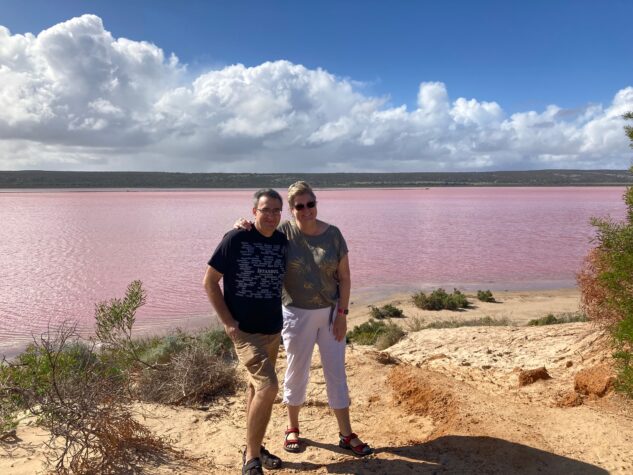
CLIA-accredited cruise agent Chris Hammonds agrees with the need to protect the marine environment.
“We need to protect our marine environment, and this is especially so for the sounds. I know that during COVID they had discussions with Iwi over cruise ships in the sounds, and decided to restrict entry, and no more than one at a time. I have a feeling the cruise ship biofouling issue was escalated during this process, but this is my opinion only.”
However, Mr Hammond also says the industry is feeling the strain of the cancellations.
“It has a roll-on effect. From the food producers and suppliers to the town centres and tourism operators, it affects everyone.”
Mr Hammond says it’s on the ships now to meet the prescribed standards. “I think they all are fully aware of the rules now, and only have themselves to blame for failing to comply.”
Another point of confusion is that there are different biosecurity laws for different locations. You can still land in New Zealand – just not in the places guests have signed up for.
Last year Cunard passenger Stan Hoey, who flew from the UK to see the Sound, told us after his trip was cancelled: “The Hotel and Retail Manager was sympathetic and stressed that they’d done all they could to avoid the itinerary change, which I don’t accept. He gave me a letter with details of who I should contact back in the UK, and recorded our discussion in their internal system.
“He also implied in a follow-up call that there will be an announcement on the ship over the next few days although he said he didn’t know what it would say.
“I’ve met a number of others from the UK who are equally disappointed. Like us, it was a once-in-a-lifetime trip. We have almost a month here – half in Oz and half in New Zealand. We flew Business Class to minimise the time to recover from the journey and afford maximum time to enjoy the sights.”
It’s agreed that New Zealand and Australia have some of the toughest bio protection laws in the world, as they try and protect their coastline from all forms of shipping – including container vessels – which can carry foreign algae and other potential threats to our shores.
New Zealand’s Ministry for Primary Industries released a statement after a flood of complaints saying: “We know that the New Zealand Cruise Association and vessel operators understand the importance of New Zealand’s strict biosecurity protocols to protect the country’s special marine environments, the aquaculture industry, and economy and we appreciate that the Association reinforced that view.
‘Biosecurity New Zealand undertakes significant stakeholder engagement to help vessel operators comply with biofouling requirements to ensure biofouling on hulls does not bring unwanted organisms into our waters – and we will continue with that education and engagement.
“During the meeting, it was also reiterated by Biosecurity New Zealand and acknowledged that:
- The current biofouling regulations and protocols (Craft Risk Management Standard) came into force in 2018 – and have not changed.
- All commercial vessels are subject to the regulations, not just cruise ships.
- Cruise lines were advised of the regulations by port agents, well in advance, and again more recently.
- Biosecurity NZ remains fully committed to balancing the need for cruise visitors to be in New Zealand, with protecting our special marine environment and economy. To this end, Biosecurity New Zealand will continue to work very closely and actively with vessel operators.”
New Zealand Cruise Association CEO Kevin O’Sullivan told us after the statement: “It is possible, but unlikely, that we may see more incidents this season – the biofouling discovered by MPI during inspections is minor, but the requirements for cruise ships are very strict.”
His words have proved correct – biofouling incidents continue to occur. Passengers are now looking for a solution that gives them peace of mind to book.

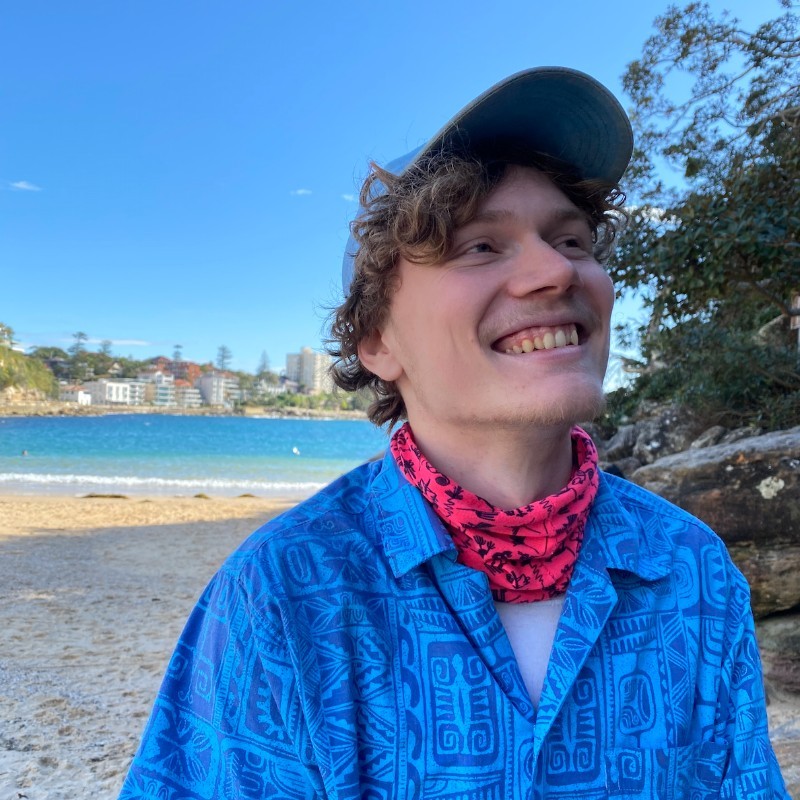

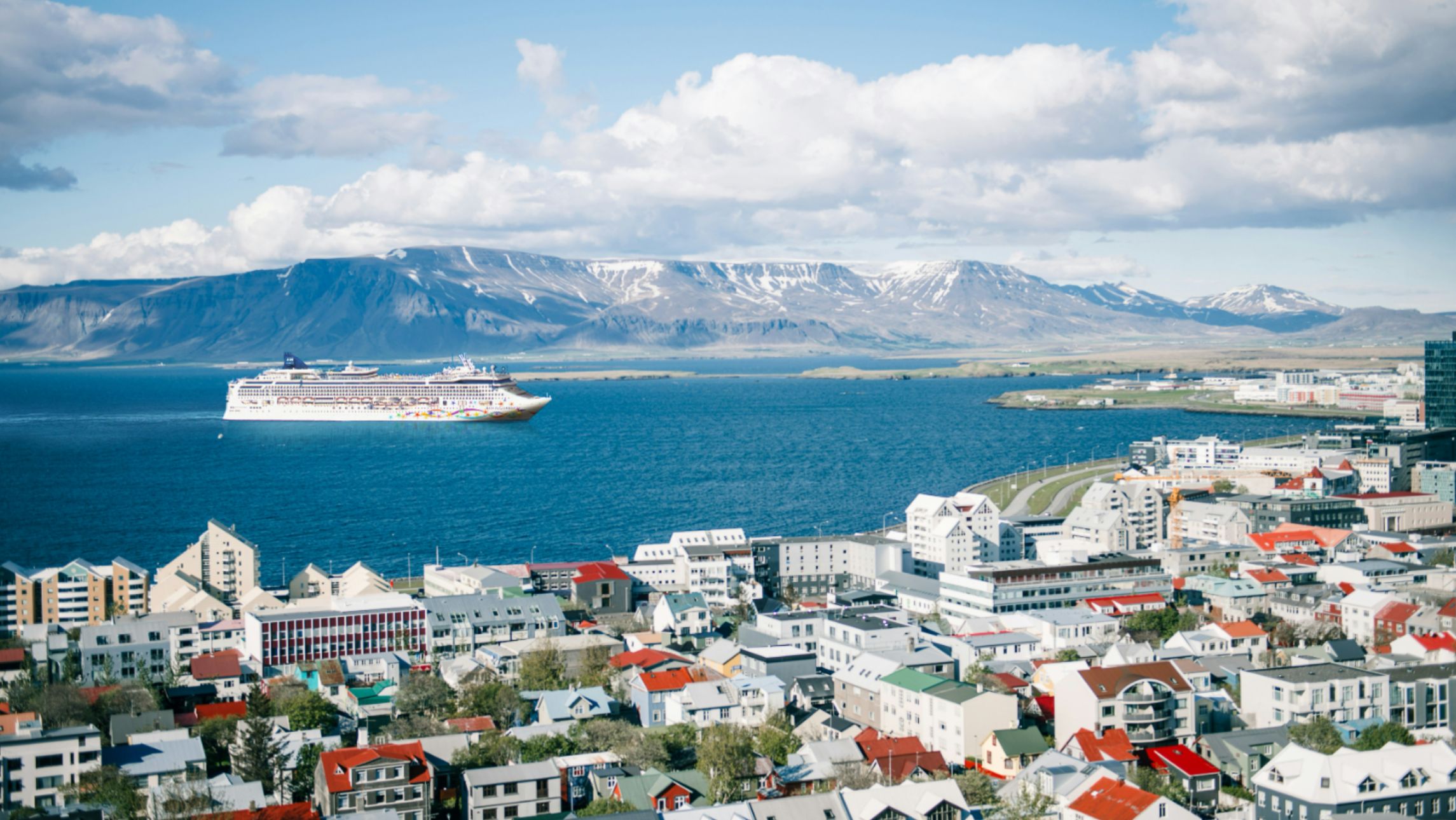


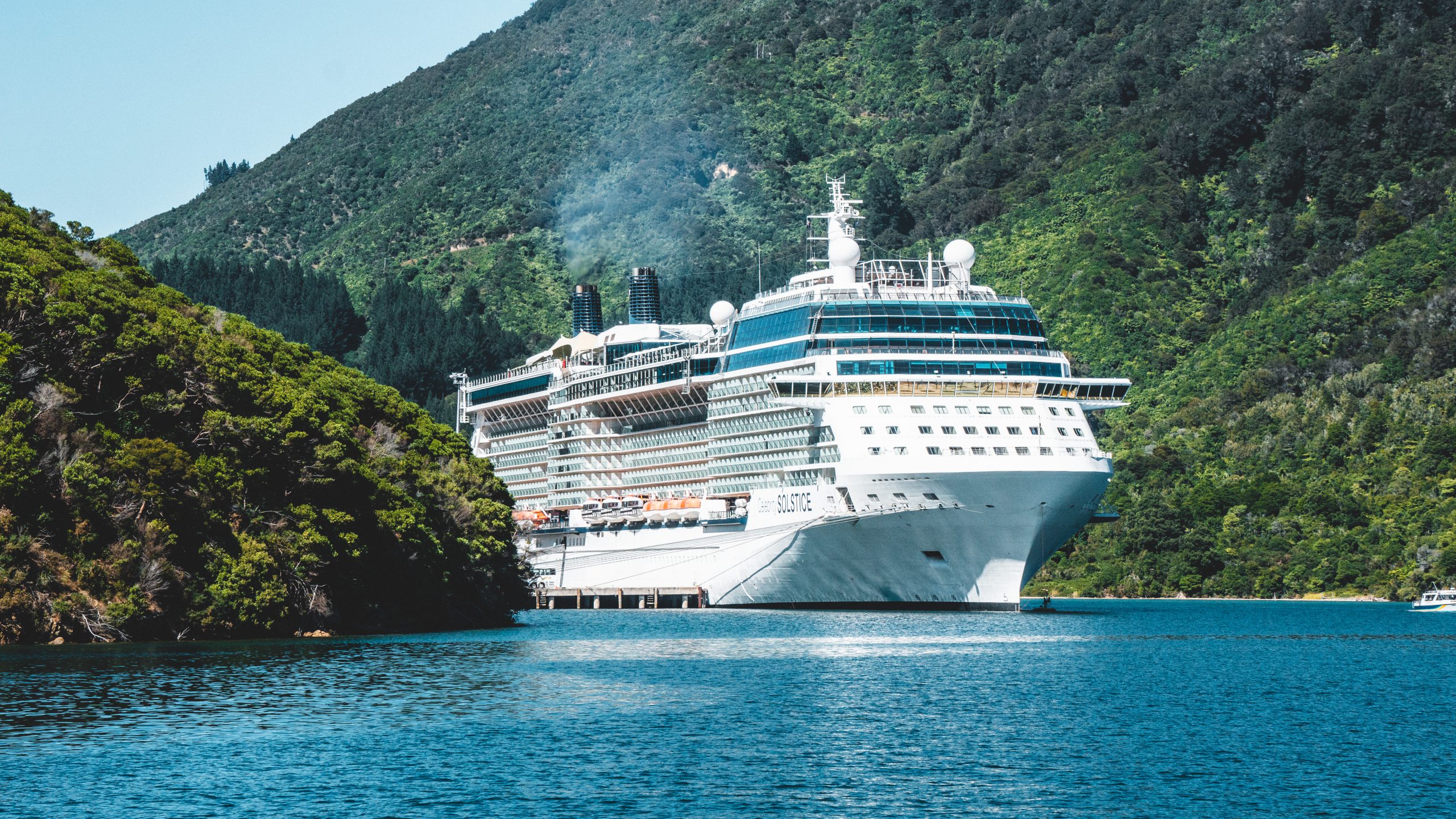

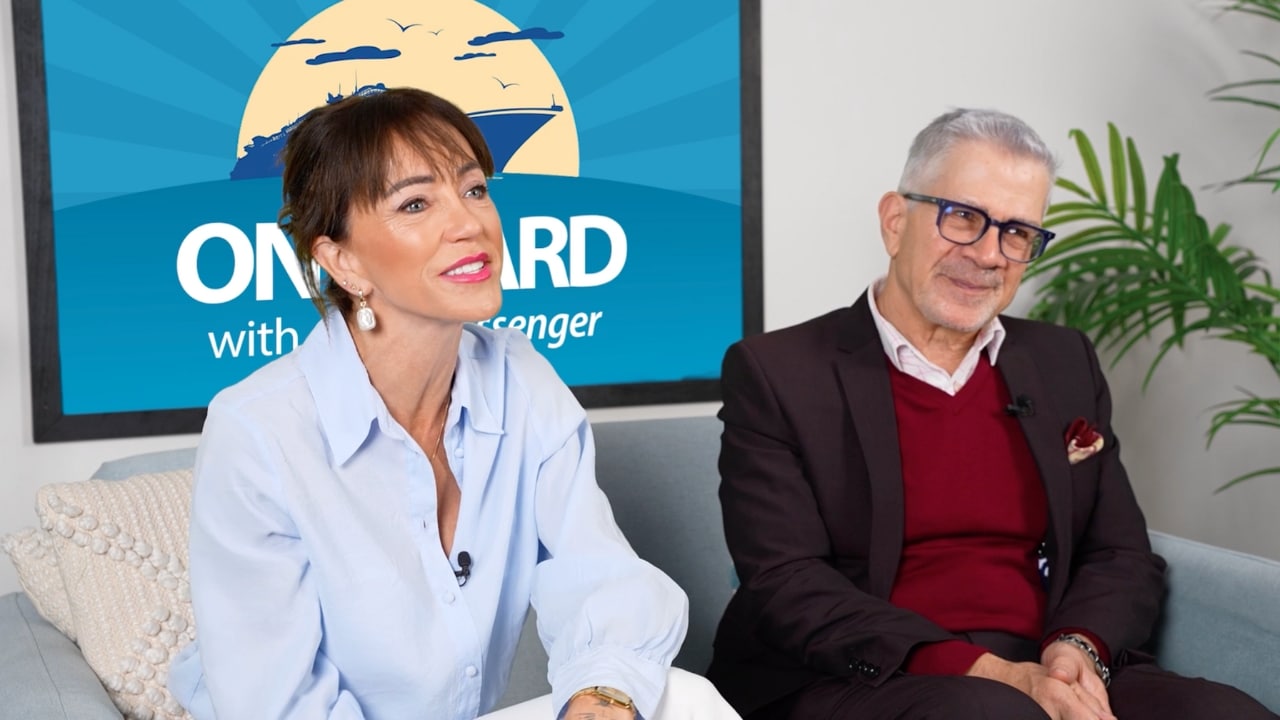

Why would you set a new requirement without providing the means to meet it?
Excuse me Irene , NZ stands at 2 on the international corruption index whilst Australia stands at 13. Get your facts right.
If you do not want to respect our country’s rules just don’t come here.
I promise we won’t miss you too much.
Interesting that this story went from “they won’t let us in even though we were recently cleaned, how unreasonable” to “oh actually there are invasive species on our hull”
NZ is in the right here. It takes serious vigilance and an unwillingness to compromise if you want to protect habitats from invasive species
We did the fiords in february on po adventure but missed several ports at the start of our cruise as the ship had to have divers clean the hull in the bay of plenty. Still a great cruise and we were given fair compensation, and we have booked another nz cruise for November. I really don’t think the various cruise lines (there’s been several) break rules deliberately as the compensation they have to pay and the damage to their reputation wouldn’t be profitable.
A terribly misleading headline. It should read “Another cruised ruined by P&O failing to keep their ships up to standard.” The New Zealand government have every right to ensure cruise ships entering Fiordland National Park meet NZ bio hazard standards. It would be remiss of them not to do so.
Looling forward to cruise New Zealand again someday hopefully soon to include a land tour post cruise. Until certainty prevails to complete the cruise as planned, this won’t happen. The industry and government should sort this out or loose out in tourism. No winners here.
All shipping coming into NZ were informed of the new requirements over 8 years ago of the changes to biofouling that took place 4 years ago prior to covid the cruise lines were mostly compliant and responded really well but some have dropped the ball since starting to come here again. Most shipping lines have clean records but still some still trying to catch up which is hurting a lot of people. At the end of the day we have some unique marine environments that need protecting. Once lost we will never get them back
To me the fault lays fairly and squarely with the cruise lines that are not ensuring their ships are fit to enter Fiordland National Park to allow guests to view the majestic Sounds. You can’t blame the New Zealand government for wanting to protect this beautiful, pristine area. It appears some people have little understanding of what is happening and why. As for the comment re the Chinese ships in other harbours loading timber, no way are they going to be travelling through the Sounds.
@Irene Your comment is unfounded and ill informed. New Zealand comes in 2nd on the Transparency Org Corruption Index after Denmark and ahead of Australia at 13. People who attempt to break its biosecurity rules find out just how seriously they’re taken – whether it’s fruit in hand luggage at the border or a ship with an unwanted organism on its hull. And, that is how it should be.
Good on you, New Zealand!
@Tony Goodman
Yes, freighters are turned away with dirty hulls. The strictest standards are being applied to ships going into pristine environments. Berths for ships of all classes at all New Zealand ports are booked months in advance. I can see a cruise schedule booked fun til March 2024.
We were booked on Queen Elizabeth Auckland- Singapore Feb 22, 2023, dpt. Cancelled by Cunard, 10 days prior due to the same issues. While a full fare refund, yet to receive, the impact on our travel schedule Air NZ Flights and Hotels, plus telephone and internet time, enormous. My travel agent said “a debacle”.
The solution is simple ..don’t go there full stop..then people can decide if they want to cruise to NZ..me personally No Milford sound.no cruise
I was on the Queen Elizabeth and she was turned away from all NZ ports and had to cruise the east coast of Australia and passed the Great Barrier reef.
My question is why did all the cruise ship companies miss this new law and if the law was valid why did Australian bio-security allow close passage of the the Barrier reef?
With regard to the hull cleaning of ships entering the fiord land national park area we were on the Coral princess and had to sit at sea for two days for cleaning and yes we did not visit the sound. However if the cruise lines had given the situation some thought they could have docked in Dunedin and offered a onshore excursion to the National Park by bus it is an easy 2 hour drive to and from and then at the sound there is a craft to take visitors around the fiord. The cost would be minimal and the stay in Dunedin could be a long stay enabling the trip to the fiord. We have seen the fiord both ways and whilst from the ship is excellent the fiord boat is much better. The possible problem could be that all passengers would want to go which could cause a problem.
The key to this issue is that the ships are entering a National Park. This pristine environment is the reason why passengers what to see it. New Zealand has given ample warning to the lines that admission will only be given to ships that have complied with the regulations and reduced the biosecurity risk. Lines that haven’t complied are turned away.
Imagine Australian outrage if say the Great Barrier Reef had a vicious invasive organism introduced on the hull of a cruise ship.
It’s up to the cruise lines who profit from taking passengers to these areas to comply with the regs. Not doing so, gives an industry which some view as an environmental nightmare an even worse image and allows their guests to rightfully request compensation.
We were recently in NZ on the Westerdam, and we explored the fiord areas without issue. People cruising on other ships a few weeks later we’re denied the same access. Our time in all NZ ports was limited due to the berths being required for Chinese freighters picking up the thousands of logs at each port. It’s clear to see where NZ’s priorities lie. I wonder if the hulls of the Chinese freighters are checked? I’ll bet not.
I have to agree with Ms Derks. P&O cruises has known for 2 years what the new law states and what cruise ships have to do. They have to have their cruise ships cleaned by certified cleaning from 1 of 4 companies in New Zealand. They can not “cheap out” and have it cleaned by someone else.
New Zealand is trying very hard to protect a very small country. It can be an almost overwhelming feat. It is a beautiful country with very friendly people-we just spent 2 weeks there.
New Zealand Government is grossly incompetent and corrupt. Maybe try offering them money.